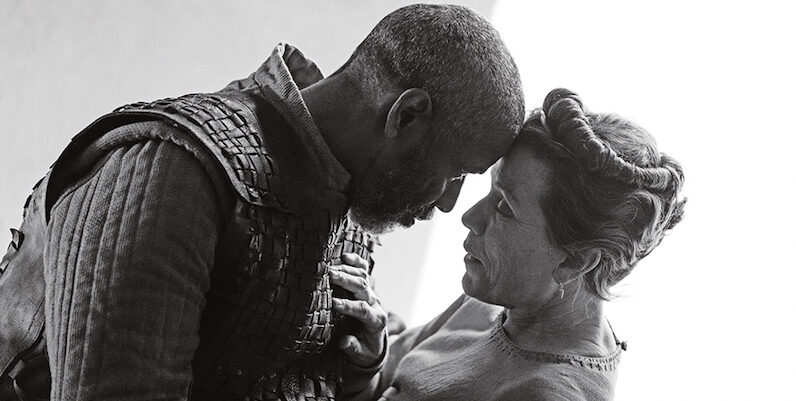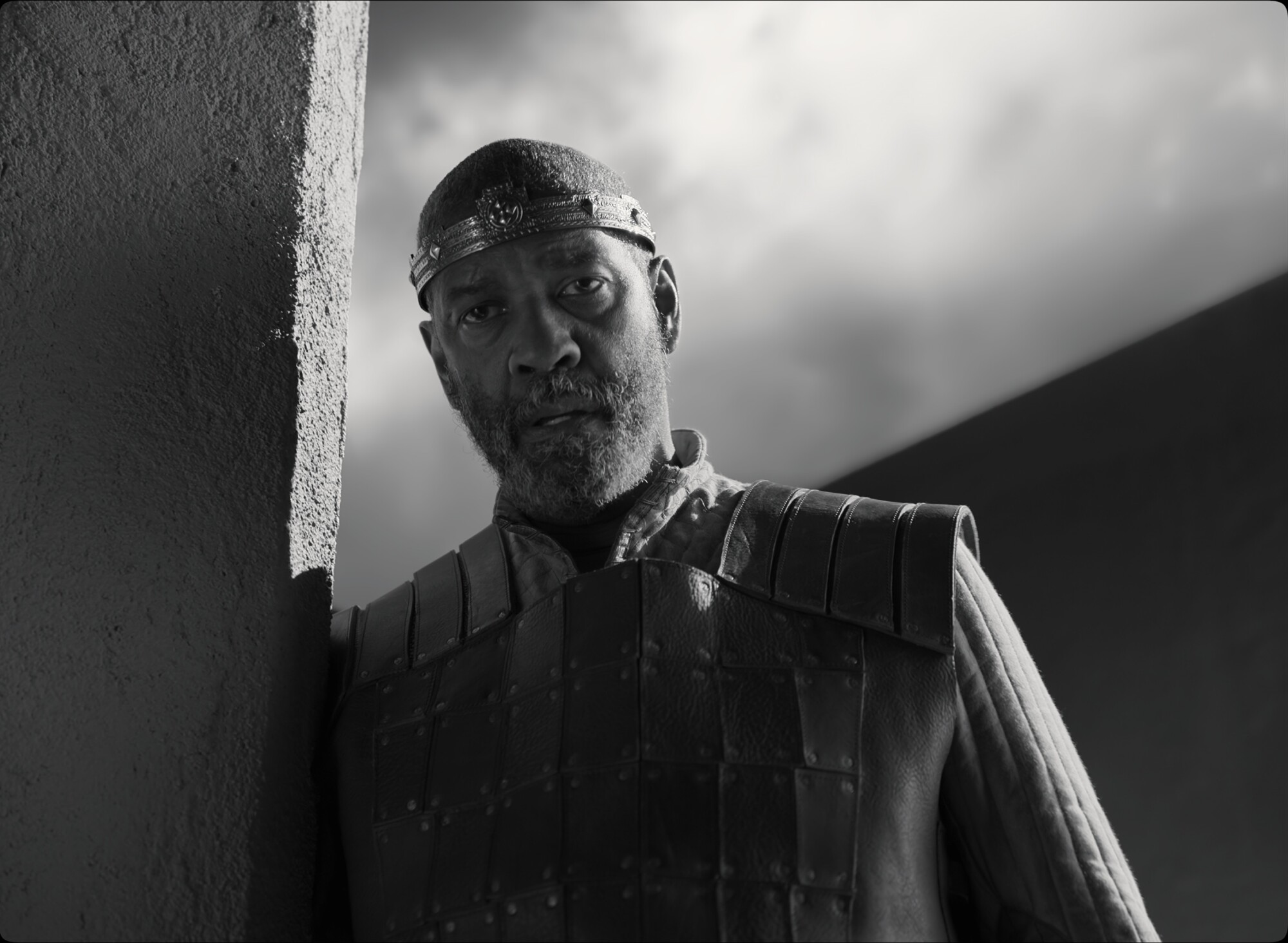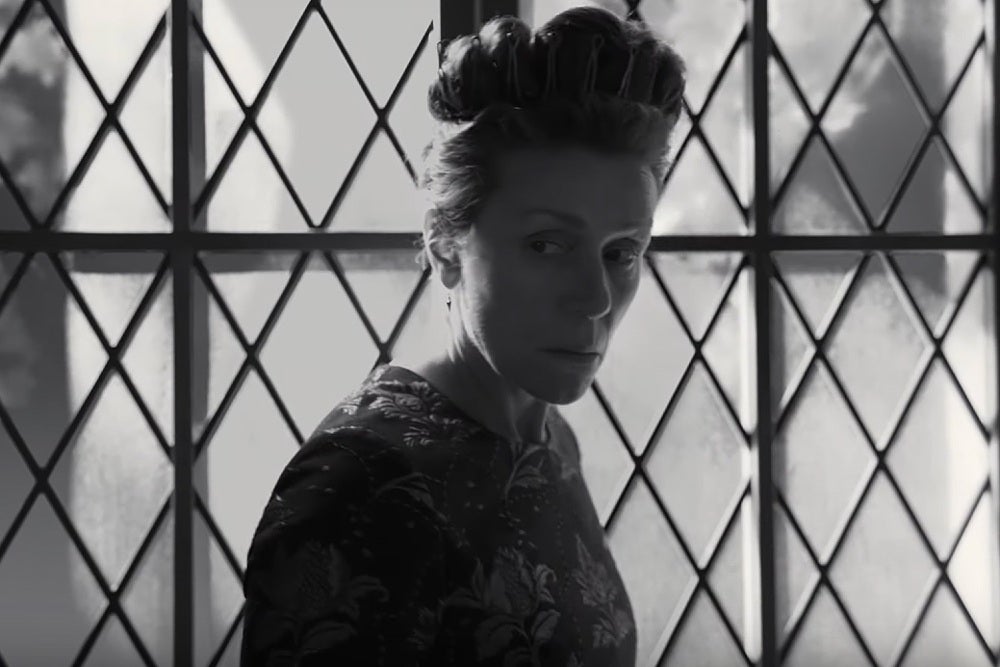From LitHub:
Joel Coen’s gorgeous new film, The Tragedy of Macbeth, can be read as a kind of return to Blood Simple, all these years later—it is a co-production between him and McDormand, who plays Lady Macbeth, and for this and many other reasons, it feels a little like an anniversary. But crucially, Macbeth is Joel Coen’s first feature film made without collaborating with his brother, and so it also is a kind of debut. As Blood Simple was for the brothers in 1984, Macbeth is a demonstration of a groundbreaking, brand-new filmmaking perspective. It is also, as with Blood Simple—which is a reworking of The Postman Always Rings Twice, itself a kind of reworking of Macbeth—a starkly fresh take on a story we’ve seen played before us over and over again.
Watching The Tragedy of Macbeth is seeing old lovers in a new way for the first time. Lady Macbeth and her husband (a steely, bearded Denzel Washington) are in their sixties, longtime courtiers, longtime partners. Coen—who in addition to directing wrote the screenplay and co-edited the film—has drawn attention to every single line in Macbeth that underscores how the central couple is childless. He moves one of Macbeth’s soliloquies, in which he acknowledges his childlessness as he is deciding to kill his friend Banquo, to a subsequent scene with Lady Macbeth. (Read more.)
From The Wrap:
Coen also placed a priority on maintaining Shakespeare’s classic dialogue.
“Another ambition was to do the play, do the verse — don’t sort of run away from that,” Coen said in the Q&A event.
But a compromise, however small, would be required.
“We had a long discussion between ourselves and with Denzel,” McDormand said of Denzel Washington, who played the lead role in “The Tragedy of Macbeth” at 66. “Changing just the tense when he says, ‘Bring forth men-children only, for thy undaunted mettle should produce nothing but males.’”
The line, not unlike many others in the Shakespeare oeuvre, carries weight. Delivered late in Act I in the bell tower when Macbeth is plotting the murder of King Duncan with Lady Macbeth, it most resoundingly serves as a declaration by Macbeth that Lady Macbeth should exclusively give birth to males because of her inordinate strength and courage in the face of adversity. (Read more.)





















No comments:
Post a Comment